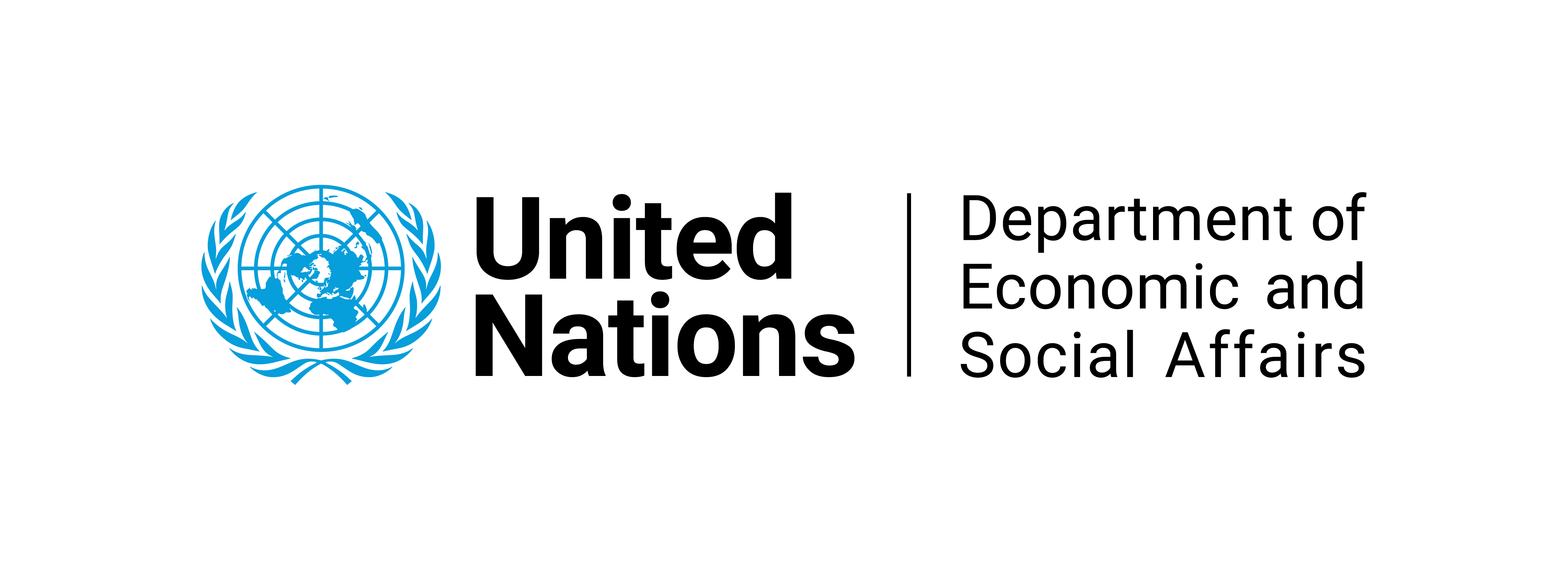2.5 The role of the chief statistician#
In most countries, the head of the NSO plays a key role in the official statistics and the statistical system of the country. Most governments have assigned to the head of the NSO the role of being the main caretaker of their official statistics and representing the country in international statistical fora. The title of the NSO head varies considerably between countries, based on the traditions and rules of their administrative systems. Some titles of the head of the NSO are Director, Director-General, National Statistician, State Statistician, Government Statistician, President, and Chairman (of a state committee of statistics). A common international term for the head of the NSO in a country is chief statistician.
The chief statistician is the main guardian of the official statistics of the country, ensuring that they are carried out on an impartial basis according to the statistical law of the country and the UNFPOS, free from political and other unprofessional infringement. The chief statistician is responsible for leading and developing the official statistics of the country, for harmonising them internally and externally, and for coordinating the NSS. In an NSO and an NSS that are professionally independent in line with the UNFPOS, the chief statistician has sole responsibility for selecting methods, standards and procedures as well as for ensuring that these are applied uniformly by all relevant NSS institutions.
This should, of course, be done in consultation with all other relevant producers of official statistics. Apart from that, the chief statistician is limited in this selection because he is at the same time committed, often by law and generally by the UNFPOS and his country’s participation in international statistical cooperation, to adopt and apply internationally agreed methods, standards and procedures.
The role of the chief statistician is, to a considerable extent, based on the UNFPOS. Notwithstanding the concise rules of the UNFPOS and the responsibility they assign to the chief statistician of a country, it is crucial that an appropriate legal framework is in place to support the role of the chief statistician as custodian and prime mover of the statistical system of a country. A model for a national statistical law has been developed and promoted by the UNECE[1] and eventually translated by ECLAC[2] and ESCWA[3] into their respective regional contexts. Such legislation should spell out the main role of official statistics and hence the chief statistician. But it also needs to spell out the obligations of the government in establishing and operating an NSO with sufficient infrastructure, staffing and funding. NSOs in many countries are notoriously underfunded. This is all the more serious as demand for statistics is continuously rising, for example, due to the adoption of the SDGs and their accompanying indicators. It is one of the duties of the chief statistician to explain this to the government and advocate for appropriate funding and working environment for the official statistics of the country.
To carry out this role successfully, the chief statistician must be proactive. He has to instigate a dialogue with the government on the need for statistical information and statistical services and their funding. He should explain the need for applying a uniform set of methods, standards and procedures throughout the NSS, advocate that practice, and strive to ensure that the agreed standards are followed diligently in all official statistics of the country. One main duty of the chief statistician is to guard against political and other unprofessional interference. NSOs and other producers of official statistics in some countries are frequently requested to deviate from their normal work procedures, to accentuate some data or some findings, discard or suppress others. Such requests and pressures are often clothed as being necessary for some so-called “national interest”. The chief statistician has duties that extend beyond those of serving the government or the political forces of the time; he has the duty to the users of statistics, in general, to see to it that the statistics are compiled, processed and released consistently, with full transparency and integrity, comparable over time and between countries, following established international and internal practices. That is the only national interest in this respect.
